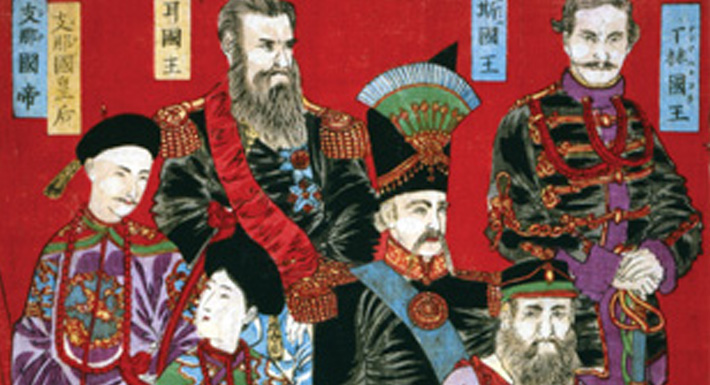Authoritarian regimes especially sleep uneasily, if at all, as newsreels play out scenes of revolution in cities across Egypt. Coming close on the heels of similar revolts in Tunisia, they prompt the question: Is this the start of a broader discontent?
It is striking that in both cases the uprisings were largely unexpected. In both cases, too, the spark that lit the tinder came from social networking. Ordinary people who felt they’d simply had enough found the freedom to express their frustration and to share it with others in ways that have until now been impossible.
It surely cannot be coincidence that in both Jordan and Yemen there have been political shifts that a mere month ago would have been highly unlikely. In both cases, the moves appear to be designed to head off the possibility of similar social unrest and underscore the important point that few regimes — if any — are unaware of the power of the Internet.
In China today, entering “Egypt” into search engines results in nothing whatsoever to do with what is currently happening in that country. But that, of course, comes as no surprise. The Chinese are past masters at manipulating information and keeping from their people anything the powers-that-be deem unsuitable.
Does that give those of us in the so-called free democracies the right to be complacent? I think not. WikiLeaks may claim to demonstrate that truth will out no matter what (and damn the consequences, but that’s a different story). At the same time, it also shows the extent to which almost any administration will go to keep from general knowledge anything that might be perceived to be detrimental to that administration’s image.
Take, for example, the recent claim by a senior official in the UK that the last Labor government did “all in its power” to help secure the release of the only person convicted of the Lockerbie bombing. At the time of that most controversial decision, the government insisted — and has continued to insist — that it had been taken solely on humanitarian grounds by the Scottish Parliament in accordance with Scots law, which differs from that of England and Wales in many respects, and that Westminster had no part in it.
There is a fine line to be drawn between disclosing information that could harm a nation’s security (and the means by which it secures it), and shining a light into corners of darkness that ultimately undermine our boast to have the moral high ground. It is a line that must be drawn with very great care, the same care we must take not to stand in our own light and wonder why there is a shadow.
Ian de Stains OBE is the Executive Director of the British Chamber of Commerce in Japan. The views expressed in this column are strictly his own and are not necessarily endorsed by or shared by the Chamber.









